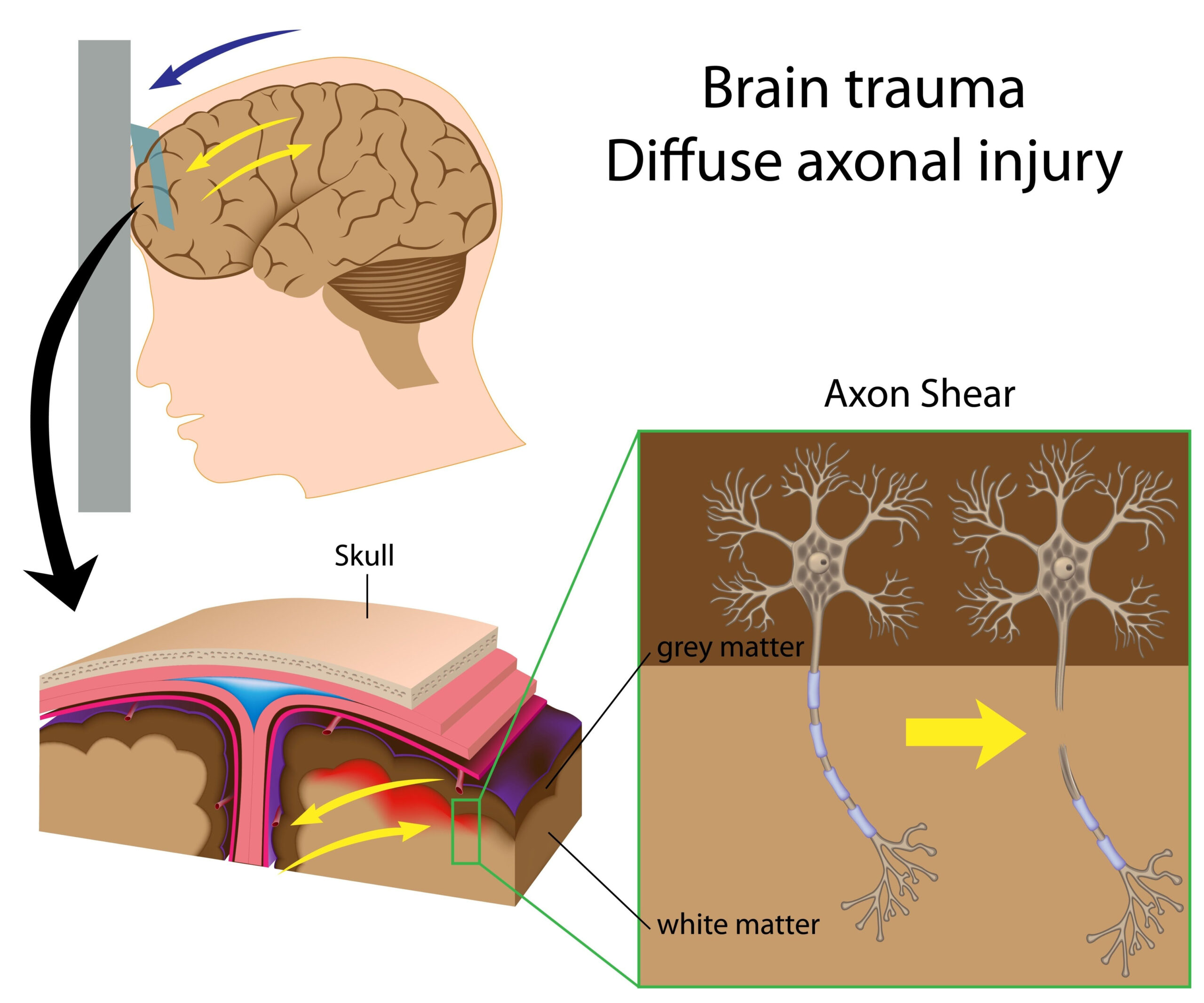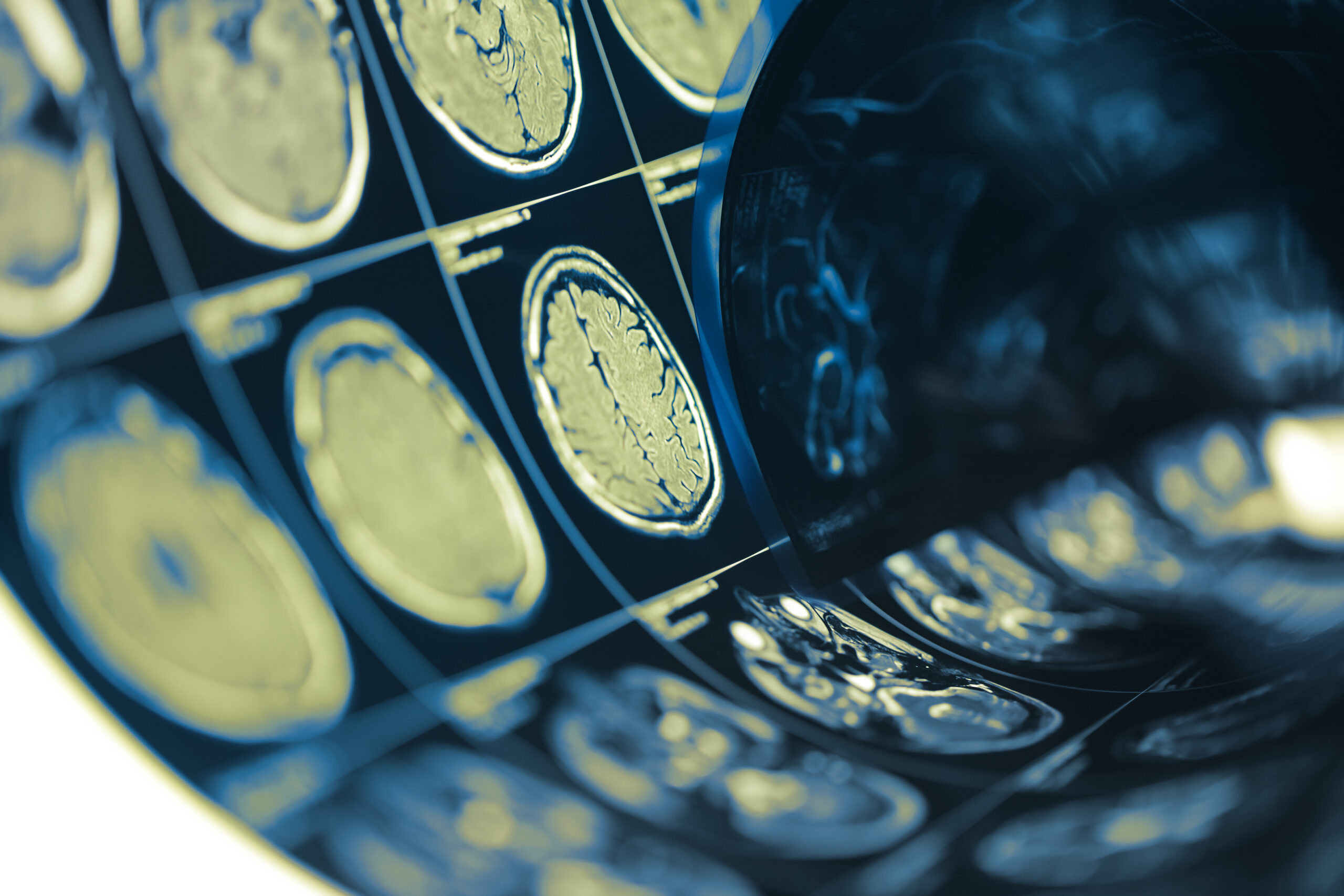Study Overview
The research focused on examining how chronic mild traumatic brain injury (mTBI) affects auditory processing, particularly through auditory event-related potentials (ERPs), which are brain responses triggered by specific auditory stimuli. The study aimed to identify both auditory and non-auditory associations linked to chronic mTBI. Researchers recruited a cohort of individuals who had experienced mTBI and utilized electroencephalography (EEG) to record the brain’s electrical activity in response to various sounds. The investigation addressed whether the effects of chronic mTBI could extend beyond typical auditory processing, potentially impacting cognitive functions related to sound recognition and memory.
Participants were tasked with listening to distinct auditory stimuli while their ERP responses were meticulously recorded. By comparing the ERPs of those with chronic mTBI to a control group without such injuries, the study sought to elucidate subtle changes in brain function and connectivity related to both auditory and cognitive processes. This research is particularly significant, as understanding the broader implications of chronic mTBI can lead to better diagnostic tools and therapeutic approaches for individuals suffering from the long-term consequences of brain injuries. Ultimately, the findings hope to contribute to a growing body of literature that examines how subtle changes in auditory processing can reflect underlying neurological disruptions caused by mTBI, providing insight into potential interventions and rehabilitation strategies.
Methodology
To effectively assess the impact of chronic mild traumatic brain injury (mTBI) on auditory processing, the study utilized a well-defined methodology that combined participant selection, stimulus presentation, and advanced neurophysiological recording techniques. The research involved a carefully chosen cohort comprising individuals diagnosed with chronic mTBI and a matched control group without any history of brain injury, ensuring a comprehensive comparison.
Participants underwent a rigorous screening process that included clinical evaluations and neuropsychological assessments to confirm their diagnoses and to rule out confounding factors, such as pre-existing mental health conditions that could influence auditory processing. The cohort consisted of adults aged between 18 and 65 years, with a balanced representation of gender and socioeconomic backgrounds. This demographic diversity aimed to enhance the generalizability of the findings while ensuring that results accurately reflected the broader population affected by chronic mTBI.
Electroencephalography (EEG) served as the primary tool for capturing auditory event-related potentials (ERPs). This non-invasive technique allows for real-time monitoring of electrical activity in the brain, providing high temporal resolution, which is crucial for understanding the dynamics of auditory processing. During the experimental sessions, participants were presented with various auditory stimuli, including tone bursts, spoken words, and environmental sounds. These stimuli were designed to elicit specific ERP components known to be associated with auditory processing, such as the P300 wave, which is commonly linked to attention and cognitive processing.
The presentation of these stimuli was controlled through a randomized order to minimize order effects and ensure that the participants’ responses were not biased by the sequence of sounds. Each stimulus was followed by a brief inter-stimulus interval to allow for the brain’s electrical activity to return to baseline before the next sound was presented. This process enabled the collection of multiple ERP trials for each participant, further enhancing the reliability of the findings.
Data analysis involved preprocessing steps, including filtering and artifact rejection to ensure that the recorded EEG signals were clean and indicative of genuine brain responses. Researchers employed advanced statistical techniques to compare ERPs between the mTBI group and the control group, looking for significant discrepancies in the amplitude and latency of ERP components. These analyses aimed to uncover not only differences in auditory processing but also potential cognitive associations that could arise as a result of chronic mTBI.
Cross-validation with behavioral assessments was also integrated into the methodology. Participants completed cognitive tasks that assessed sound recognition, attention, and memory, which provided context to interpret the ERP data. By correlating ERP findings with performance on these cognitive tasks, the study sought to establish a clearer link between auditory processing deficits and overall cognitive function in those with chronic mTBI.
Overall, this methodological framework was designed to provide comprehensive insights into how chronic mTBI affects auditory processing and cognition, facilitating a deeper understanding of the underlying neural mechanisms in those affected by this condition. The findings from this study could pave the way for improved therapeutic approaches and enhanced clinical assessments for individuals experiencing the enduring effects of mild traumatic brain injuries.
Key Findings
The study revealed significant differences in auditory event-related potentials (ERPs) between individuals with chronic mild traumatic brain injury (mTBI) and the control group. Notably, the P300 wave, a component typically associated with attentional processes and cognitive evaluation, showed marked discrepancies in both amplitude and latency. Participants with chronic mTBI exhibited reduced amplitude of the P300 wave, suggesting diminished cognitive resources allocated to auditory stimuli. This finding indicates that chronic mTBI might impair the brain’s ability to process auditory information effectively, which could translate into challenges in understanding spoken language or distinguishing between different sound cues.
In addition to the P300 wave, other ERP components, such as the N100 and N200, also displayed altered patterns in the mTBI cohort. The N100, associated with the initial processing of auditory stimuli, was characterized by heightened latency, implying a slower neural response to sound. Conversely, variations in the N200 component, known to reflect cognitive control and attentional shifts, indicated that individuals with chronic mTBI required more time to engage with auditory information. Together, these changes suggest a potential disruption in both the primary and more complex aspects of auditory processing following chronic mTBI.
Furthermore, the correlation analyses between ERP findings and behavioral assessments unveiled a compelling association between auditory processing deficits and cognitive performance. Participants with greater alterations in their ERP responses tended to score lower on tasks assessing sound recognition and memory, supporting the notion that the auditory processing impairments are linked to broader cognitive dysfunction. This relationship highlights the need to consider the cognitive repercussions of auditory processing issues, as they may reflect underlying neural challenges faced by individuals recovering from mTBI.
Interestingly, the study also uncovered non-auditory associations linked to chronic mTBI. ERP components related to emotional processing and integration of sensory information showed variable responses within the mTBI participants, suggesting that their ability to process and respond to non-auditory stimuli may also be affected. This broadens the implications of mTBI beyond mere auditory deficits, indicating a more extensive impact on the brain’s overall processing capabilities.
Overall, these findings emphasize the multifaceted nature of chronic mTBI and its effects on auditory and cognitive processing. Not only do these results provide insight into the neural mechanisms affected by sustained brain injury, but they also underscore the urgency of developing targeted interventions that address both auditory and cognitive dimensions for individuals dealing with the long-term aftermath of mild traumatic brain injuries.
Clinical Implications
The findings from this study on chronic mild traumatic brain injury (mTBI) carry significant clinical implications for the management and rehabilitation of affected individuals. The observed alterations in auditory event-related potentials (ERPs) not only underscore the necessity for detailed auditory assessments in clinical settings but also suggest a more comprehensive approach to understanding the cognitive consequences of mTBI. Recognizing that auditory processing issues can extend into broader cognitive domains is pivotal in tailoring rehabilitation strategies.
First and foremost, clinicians may need to incorporate routine auditory processing evaluations in their assessments of patients with chronic mTBI. Given the documented deficits in the P300, N100, and N200 ERPs, patients displaying cognitive challenges should undergo targeted auditory tests to identify specific deficits. This could aid in developing individualized treatment plans that directly address their auditory processing difficulties, which may enhance overall communication and social engagement.
Moreover, the correlation between ERP deficits and poorer performance on cognitive tasks, such as sound recognition and memory, emphasizes the importance of a multidisciplinary approach in rehabilitation. Speech-language pathologists, neuropsychologists, and audiologists should collaborate to provide comprehensive treatment strategies. Interventions could include auditory training programs aimed at improving sound discrimination, memory exercises that integrate auditory stimuli, and cognitive rehabilitation techniques that enhance attention and executive functioning.
Further, the study suggests that non-auditory aspects should not be overlooked in the treatment of mTBI. The unexpected alterations in ERP components related to emotional processing and sensory integration indicate that individuals may also face challenges outside the auditory realm, such as difficulties in emotional regulation or processing complex sensory environments. Recognizing these issues can lead to integrative therapies that address a wider range of symptoms, thereby improving the quality of life for those affected.
In addition to personalized therapy, it is critical for healthcare providers to consider the long-term implications of these findings on education and work settings for individuals recovering from mTBI. Awareness campaigns aimed at educators and employers about the potential auditory and cognitive challenges faced by survivors of mTBI could foster more supportive environments. This can include accommodations such as quieter workspaces, modified listening tasks, or additional time for cognitive processing, which can significantly enhance the functioning of individuals in these settings.
Finally, these results also stress the need for ongoing research into the long-term effects of mTBI. As clinicians and researchers continue to explore the connections between auditory deficits and broader cognitive impairments, it may become possible to develop preventative strategies or early intervention programs that can be initiated soon after mTBI occurrence. Such proactive measures have the potential to mitigate the long-term consequences of brain injury, improving recovery prospects for countless individuals facing the effects of chronic mTBI.


